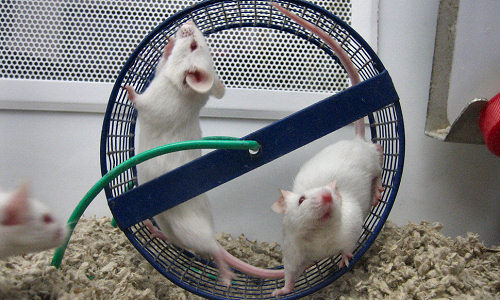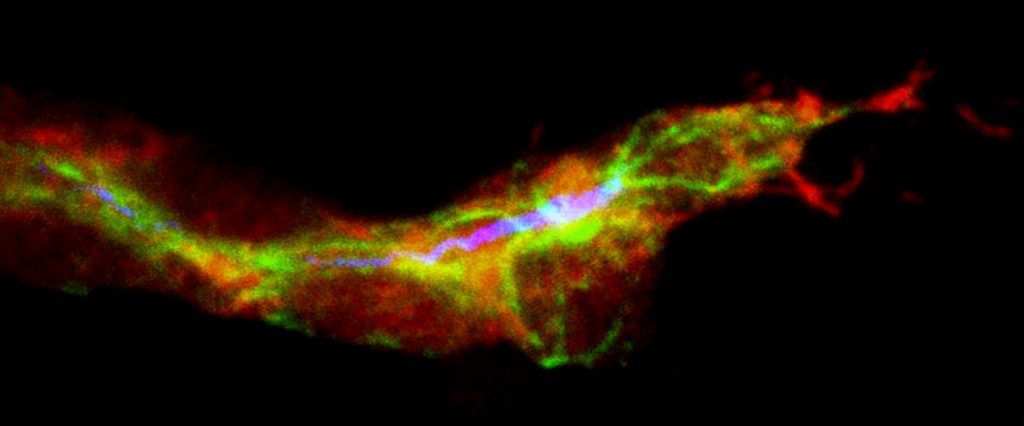A team of scientists at the University of Edinburgh has succeeded in regenerating a living organ for the first time.

The team rebuilt the thymus – an organ in the body located next to the heart that produces important immune cells.
Immune repair
The advance could pave the way for new therapies for people with damaged immune systems and genetic conditions that affect thymus development.
The team reactivated a natural mechanism that shuts down with age to rejuvenate the thymus in very old mice. After treatment, the regenerated organ had a similar structure to that found in a young mouse.
Function restored
The function of the thymus was also restored and the mice began making more white blood cells called T cells, which are important for fighting off infection. However, it is not yet clear whether the immune system of the mice was improved.
The study was led by researchers from the Medical Research Council Centre for Regenerative Medicine at the University of Edinburgh.
The researchers targeted a protein produced by cells of the thymus – called FOXN1 – which helps to control how important genes are switched on. By increasing levels of FOXN1, the team instructed stem cell-like cells to rebuild the organ.
“Our results suggest that targeting the same pathway in humans may improve thymus function and therefore boost immunity in elderly patients, or those with a suppressed immune system. However, before we test this in humans we need to carry out more work to make sure the process can be tightly controlled.” said Clare Blackburn, Professor of Tissue Stem Cell Biology, MRC Centre for Regenerative Medicine
Treatment hope
The thymus deteriorates with age, which is why older people are often more susceptible to infections such as flu.
The discovery could also offer hope to patients with DiGeorge syndrome, a genetic condition that causes the thymus to not develop properly.
“One of the key goals in regenerative medicine is harnessing the body’s own repair mechanisms and manipulating these in a controlled way to treat disease. This interesting study suggests that organ regeneration in a mammal can be directed by manipulation of a single protein, which is likely to have broad implications for other areas of regenerative biology.” said Dr Rob Buckle, Head of Regenerative Medicine, Medical Research Council
The study is published today in the journal Development.
Story Source:
The above story is based on materials provided by University of Edinburgh.




